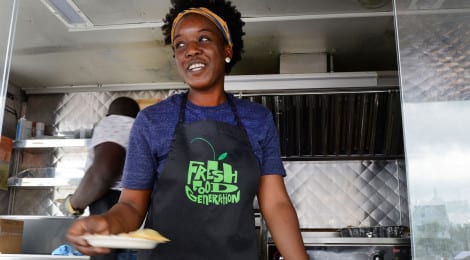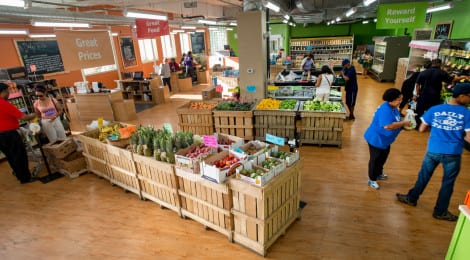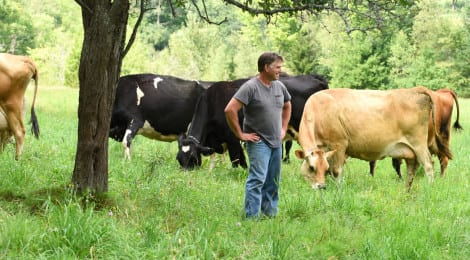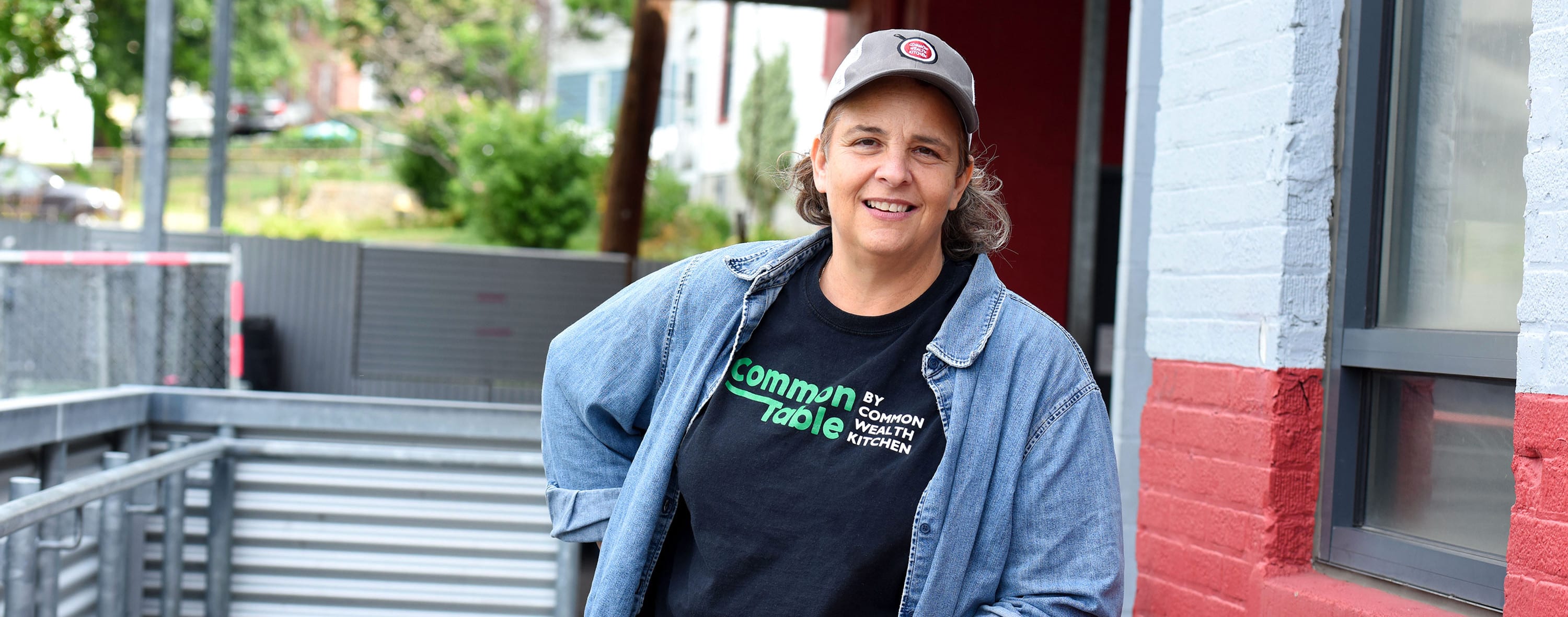
Grantee Profile
Our DNA is to Keep Innovating
Before taking on the role of Executive Director of CommonWealth Kitchen in 2014, Jen Faigel had a successful career as an affordable housing and mission-focused commercial real estate developer. Through this work she saw firsthand how personal assets and wealth are key determinants to economic mobility, and that if she wanted to build a career on building pathways to economic self-sufficiency, she needed to shift her focus. Jen pivoted her work to focus on business ownership as a vehicle for economic opportunity and community stability and helped launch and build CommonWealth Kitchen (CWK).
CommonWealth Kitchen works at the intersection of equitable food systems and inclusive economic development. The organization’s work provides powerful opportunities for people to delve into the nitty-gritty of owning a business. Inspired by the quest to create a robust food economy in Boston, CommonWealth Kitchen is committed to its core values of racial, social, and economic justice.
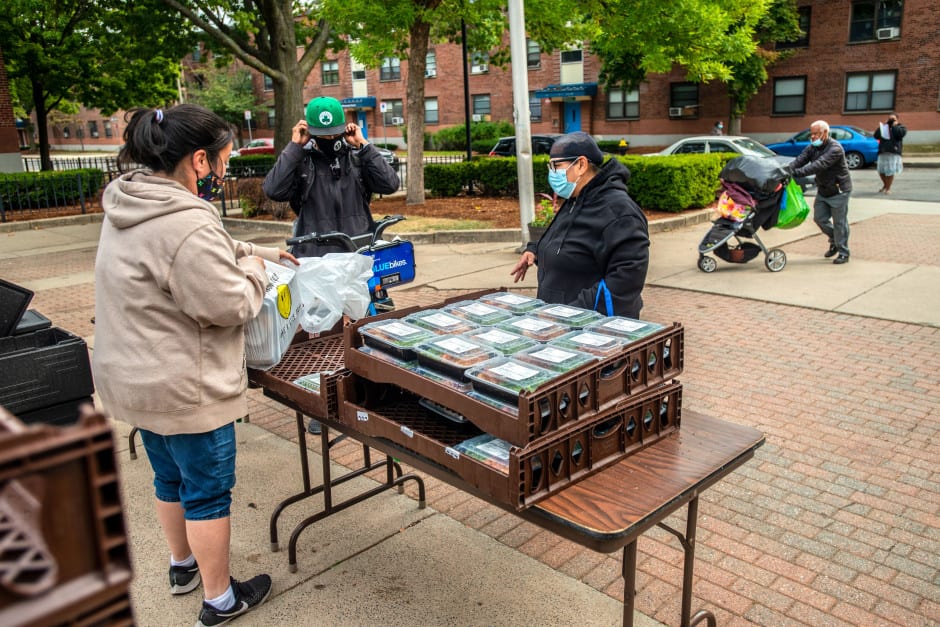
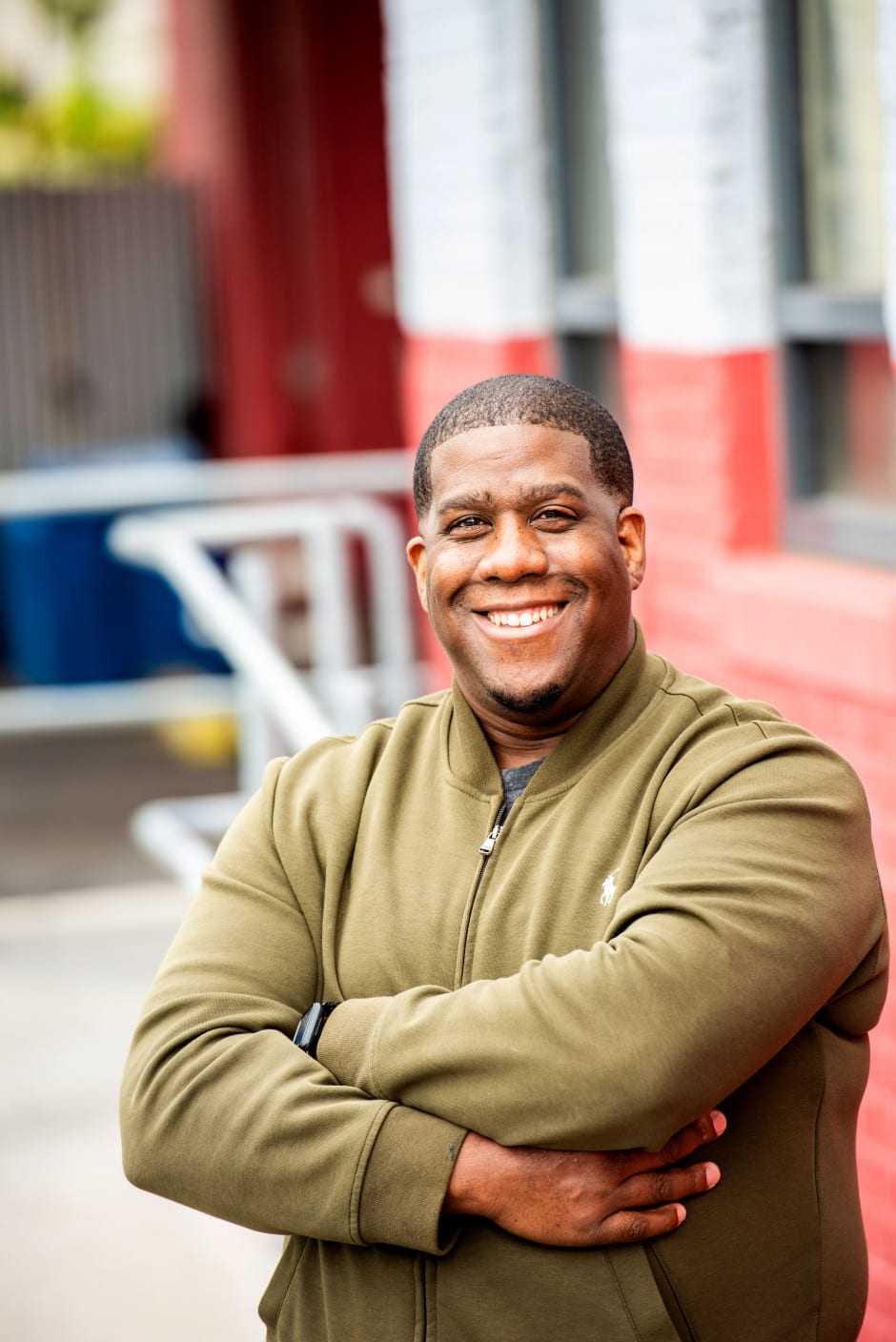
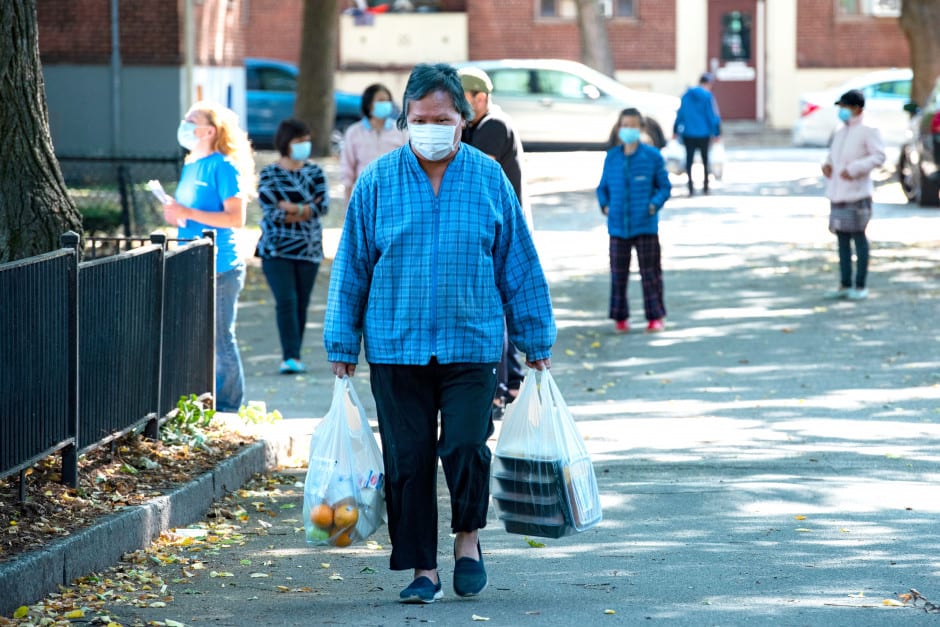
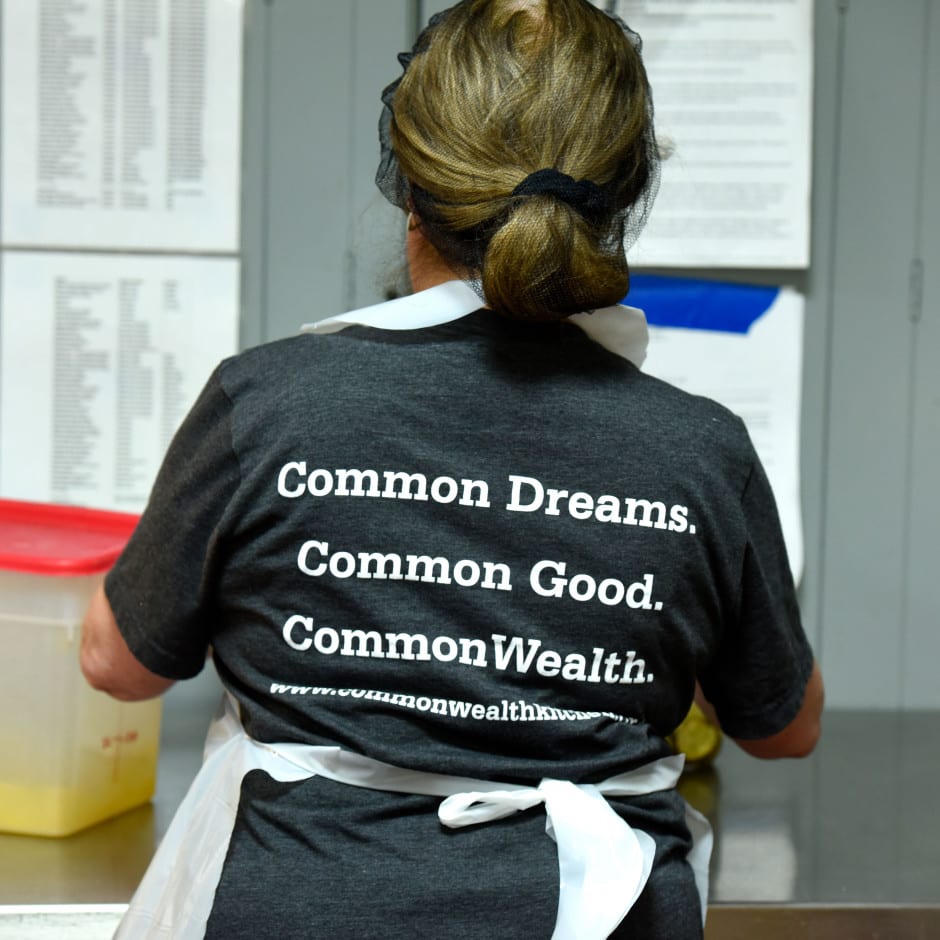
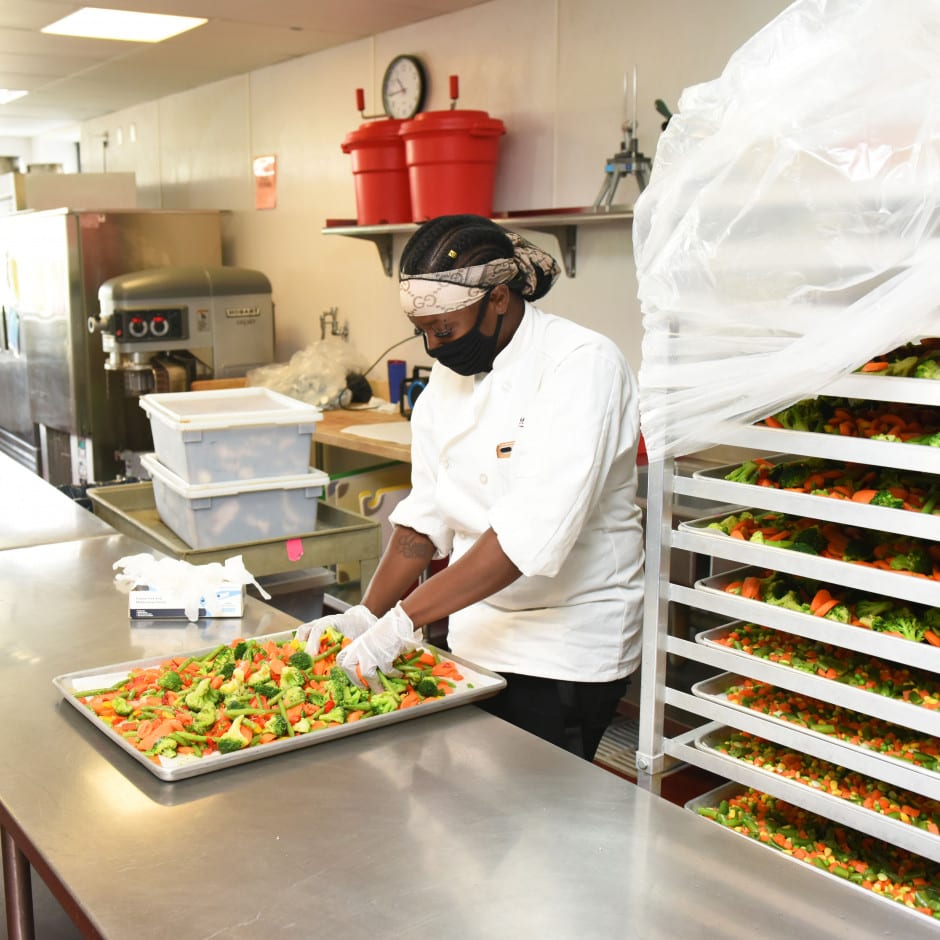
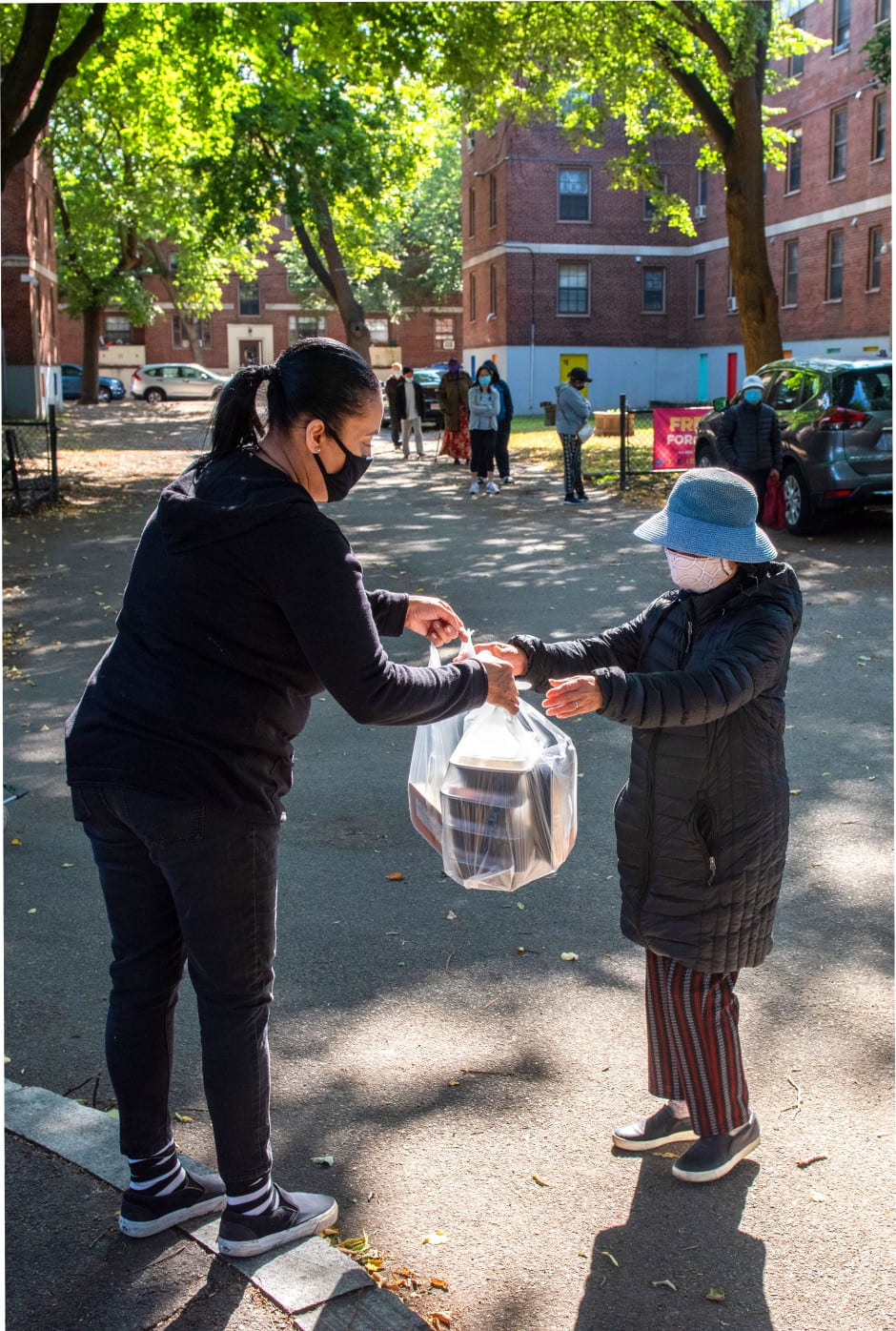
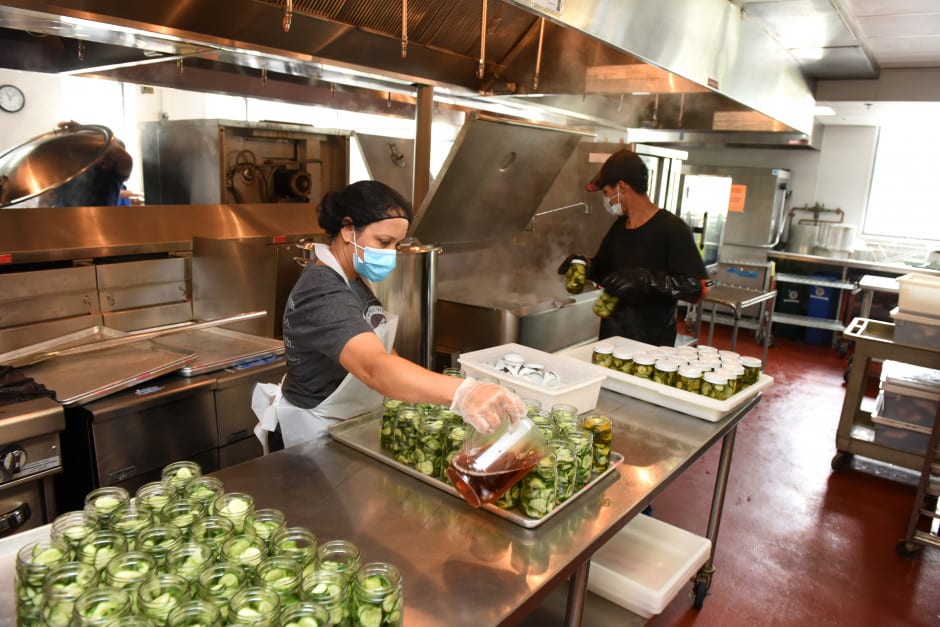
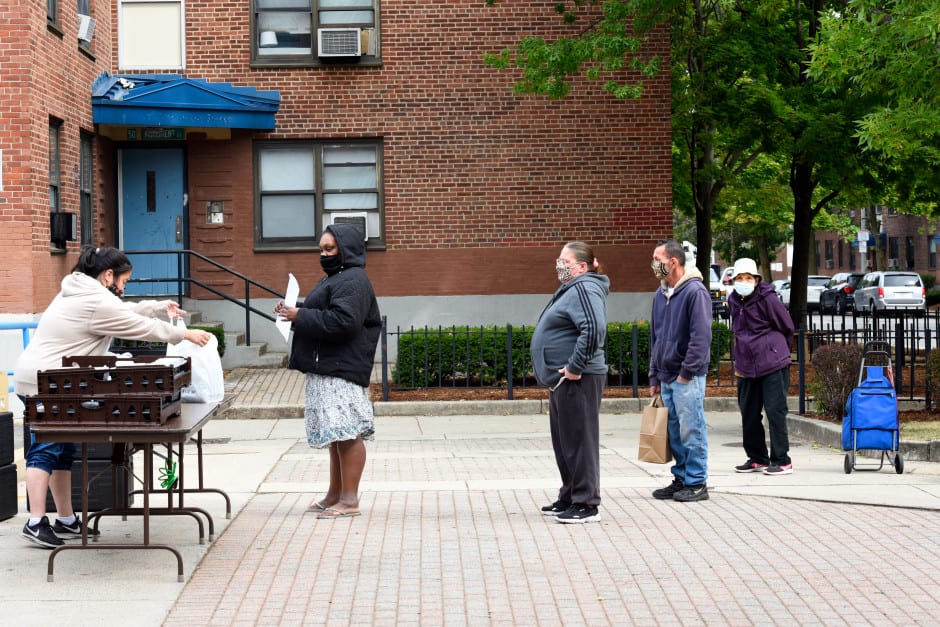
At its core, CommonWealth Kitchen serves as an incubator for people from diverse backgrounds interested in starting a food business, with the ultimate goal of generating a food economy that is equitable, sustainable, and accessible to everyone. According to Jen, CommonWealth Kitchen’s Executive Director, the organization runs “like a gym membership for food.” Aspiring entrepreneurs can rent CWK’s fully-equipped shared kitchen, and receive valuable education and training to support the development of their company. Of the 50 food companies that typically call CWK home, over 75% are owned by women and/or people of color, and include food trucks, caterers, bakers, and packaged goods companies. About 40% of CommonWealth Kitchen’s budget comes from rental income from the shared kitchens plus fees for its small-batch manufacturing enterprise, which offers outsourced production for members, plus processing for regional farms, restaurants, and other food businesses. Meanwhile, as members are connected to advisors and mentors to help them think about concepts such as packaging, recipe development, scaling a business, and creating a shelf-stable product, Jen and her team also help connect them to market opportunities. Pre-COVID, member product companies partnered with CommonWealth Kitchen to get their products into institutions like hospitals and colleges, as well onto grocery store shelves, while caterers and food trucks were connected to corporate catering and special events. In mid-March 2020, CommonWealth Kitchen was working directly with about 150 businesses in their extended network of members, alumni, and educational program participants in its efforts to build a resilient, localized food economy.
When COVID-19 hit and large institutions like colleges and office buildings came to a screeching halt, CommonWealth Kitchen’s business community was decimated. The CWK team quickly shifted their operations to focus on advocacy for their businesses. At the same time, they launched an emergency food response initiative called CommonTable. With so many people out of work, City and public health organizations desperately needed solutions to address growing food insecurity beyond the capacity of food banks and pantries. CommonWealth Kitchen was able to put its own manufacturing team to work, in collaboration with its food trucks and caterers, to produce prepared meals for families in need. To maximize impact, they were even able to integrate member sauces and products into the menus. Jen explains, “We could take the mole [sauce] that was supposed to be on the menu at Harvard University and integrate it into the meals for low-income families all over the city,” while also working with local farms like Morning Glory Farm, in Edgartown, MA, and Farmer Dave’s in Dracut, MA to source much of the local produce. During the months of May and June, CommonWealth Kitchen secured additional grant funding to pay restaurants to provide food to their neighbors. With CommonWealth Kitchen’s support, the restaurants were able to rehire employees, buy ingredients, pay for insurance, and maintain their operations. As if that weren’t enough to keep CommonWealth Kitchen busy, the team made an additional pivot to supporting the delivery of grocery boxes to largely immigrant and undocumented communities through Project Restore US, understanding that prepared meals were not always meeting the needs of specific communities. The grocery boxes were distributed to local community organizations addressing food insecurity. With the support of Boston’s Resiliency Fund, and grants from multiple corporations and foundation partners, CommonWealth Kitchen produced and distributed more than 95,000 meals and grocery boxes to frontline workers, seniors, and low-income families from April-August. Given that the restaurant industry is one of the hardest-hit industries and one of the biggest markets for farmers, Jen sees supporting restaurants at this moment as one of the most powerful ways to strengthen the local food economy.
A global pandemic is an unprecedented time for any business, but even while navigating uncharted territory CommonWealth Kitchen has remained grounded in their mission. CommonWealth Kitchen’s organizational strategy is driven by the power of connection and relationships. Reflecting on the past few months, and the simple act of putting people to work to feed their neighbors in need, Jen recognizes the importance of fundamental system change to her work, and asks, “How can we be less transactional in our relationships and more collaborative to craft a shared strategy that can lead to lasting, fundamental shifts, and build the world we want to see?” As CommonWealth Kitchen, like many organizations and communities, grapple with a moment of reckoning in the face of structural racism, Jen remarked, “We can see where structural racism has shaped our food industry in really destructive ways. As a white ally, I have to keep asking myself what can I do in this moment to use my position and privilege to change the structure and truly level the playing field? We must be a catalyst for change and as the late Congressman John Lewis said, get into’ good trouble’, ‘necessary trouble’.” Jen goes on to say, “This crazy, unprecedented moment is an opportunity for us to be bold in our thinking, and confident in our actions to build a world where everyone can participate and prosper.”
We can see where structural racism has shaped our food industry in really destructive ways. As a white ally, I have to keep asking myself what can I do in this moment to use my position and privilege to change the structure and truly level the playing field?
